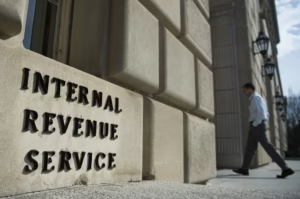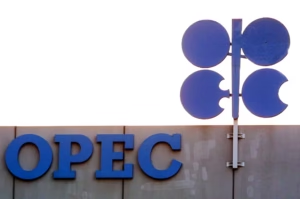On Monday, French stocks and bonds went down after voters unexpectedly turned down the far-right party that had been leading in the first round of voting. The second-largest economy in the eurozone now looked like it would be months of negotiations for control of the country’s legislature.
The French 10-year bond yield BX:TMBMKFR-10Y went up by 5 basis points, while the CAC 40 FR:PX1 fell by 0.4% at the start of the day. Still, at 64 basis points, the difference between 10-year French and German government bonds was pretty stable.
In the 577-seat legislature, the left bloc won at least 182 seats, President Emmanuel Macron’s centrist group won 163 seats, and the National Rally only got 143 seats after other parties strategically dropped out of the race.
Gabriel Attal, the prime minister of France, is stepping down, but he will stay in office until after the Olympics in Paris and maybe even longer to help start coalition talks.
Macron called the election after his party did badly in the European elections. It could now cause chaos in one of the seven countries that the EU has scolded for having too big of deficits.
UBS strategists led by Mark Haefele said, “An NFP government would probably try to undo the recent pension and unemployment reforms, raise the minimum wage, and not engage in fiscal consolidation.” “NFP” stands for the left-wing party. “We think that the NFP’s programme, if put into action as planned, could make the already large budget deficit even worse.”
A loose coalition from the moderate left to the moderate right would be more likely. This would leave out Jean-Luc Melenchon’s far-left France Unbowed, which got the most votes for the NFP. Raphael Brun-Aguerre, a senior economist at JPMorgan, said, “Numbers suggest that such a coalition may be possible, but laying out a common programme also looks hard at this stage.”
“Times are tough, and feelings are running high. Also, France doesn’t usually bring together parties with very different political views,” said Holger Schmieding, chief economist at Berenberg Bank.
In other words, France is likely to keep having deficits that are bigger than the 3% of GDP limit set by EU rules. This comes after a 5.5% deficit-to-GDP ratio last year.





